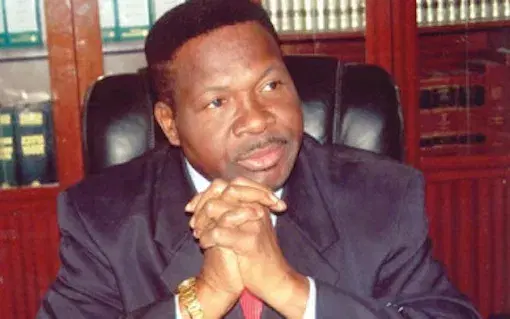The Special Adviser to President Bola Tinubu on Energy, Olu Verheijen said that Nigeria has attracted over $1 billion in investments across various segments of the oil and gas sector.
Speaking at the African Energy Week in Cape Town, South Africa, Verheijen emphasized that the President’s regulatory reforms are already yielding positive outcomes, boosting investor confidence and growth in the sector.
She also noted that, in addition to the $1 billion investment, Nigeria is anticipating multi-billion dollar investments in deepwater exploration projects, which are expected to materialize by the middle of 2025.
“Nigeria’s Petroleum Industry Act took twenty years to be passed into law and given Presidential assent, in 2021. We are now building on that foundation with an unprecedented sense of urgency, to completely rewrite the narrative of oil and gas investment in Nigeria.
“We are already seeing the fruit of our work. Regulatory approvals are being expedited, major investment decisions are being Finalized across the value chain.
“We have unlocked over $1 billion in investments across the value chain and by the middle of 2025, we expect to see Final Investment Decisions on two more projects, including a multibillion billion-dollar deepwater exploration project, which will be the first of its kind in Nigeria in over a decade – one of many to come.
“We see the abundant opportunities that lie ahead. We see a Nigeria that is a leading global producer and exporter of energy – whether it’s fossil fuels or renewables. We are not held back by the outdated approaches and assumptions of the past. We are open, daring, and eager to leave a legacy that will stand the test of time,” Verheijen stated.
The federal government since President Tinubu took office in May 2023, has rolled out several reforms aimed at improving the competitiveness of Nigeria’s oil and gas sector, reducing operational costs, and shortening business turnaround times.
As the primary driver of Nigeria’s foreign exchange, the oil and gas industry remains a key pillar of the economy. Notably, three presidential directives issued in February 2024 are expected to create tens of thousands of jobs, boost foreign exchange inflows, increase tax revenues, and enhance the country’s macroeconomic stability.









